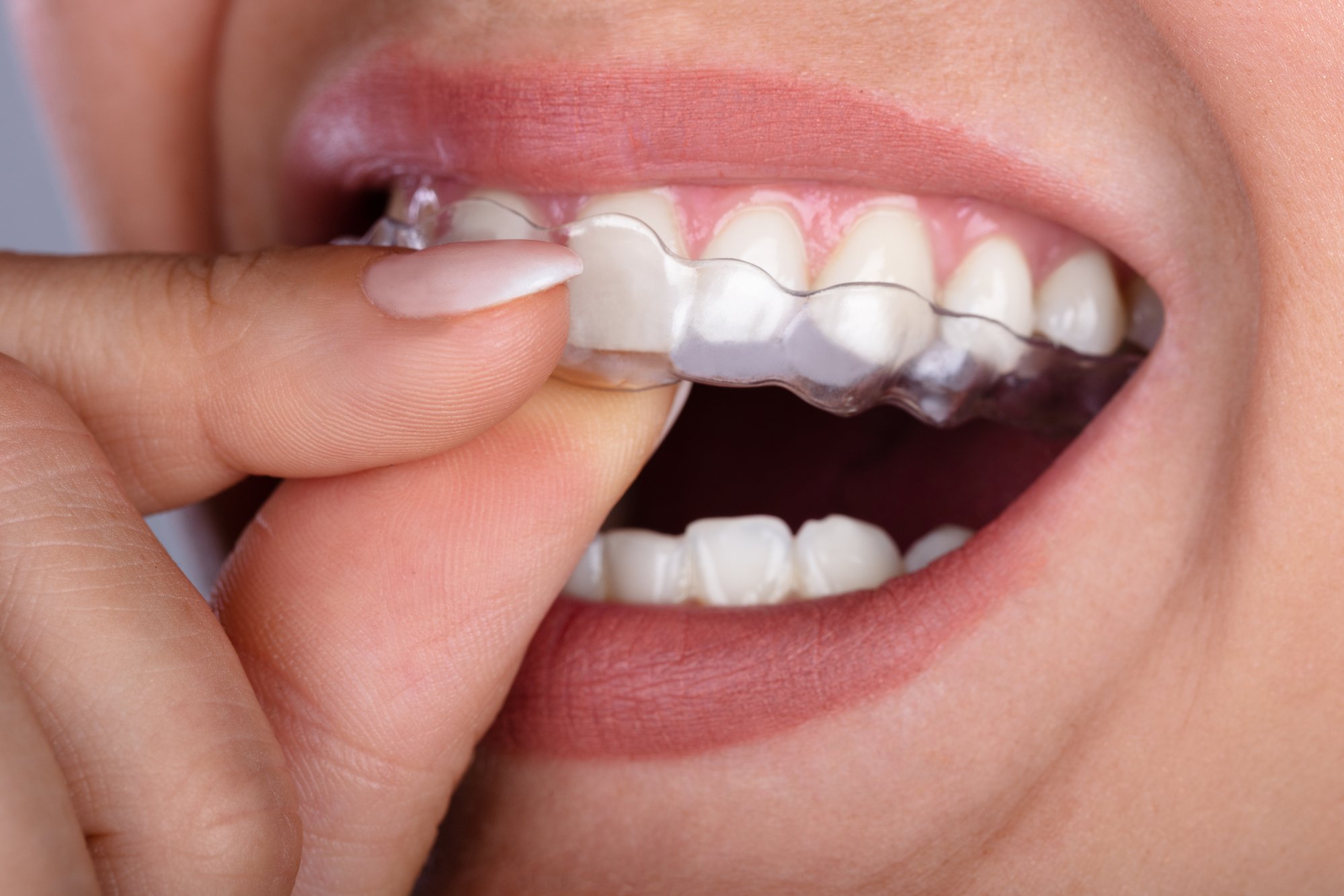
How much would you pay to have a beautiful smile for the rest of your life? It’s hard to put a price tag on that. However, we understand that patients must consider their budget before moving forward with orthodontic treatment.
Asking whether or not Invisalign® is worth the cost implies that Invisalign clear aligners are more expensive than traditional braces. That isn’t always the case. Depending on your alignment issues, clear aligners could be the same price as metal braces or even more affordable.
Invisalign vs Traditional Braces
Some benefits of Invisalign are more obvious than others. For instance, patients love that aligners are clear and hardly noticeable. Other benefits are less obvious, like the fact that Invisalign can provide faster results than braces in some cases.
Let’s dive into the reasons why so many patients believe that Invisalign is worth the cost.
1. Aesthetics
The aesthetic difference between traditional braces and Invisalign is clear. The nearly invisible aligners draw older teens and adults to this orthodontic treatment because they can maintain a mature and professional appearance while undergoing orthodontic treatment.
What is even better is that this method of straightening teeth and correcting bite issues often provides several other advantages over traditional orthodontic methods.
2. Comfort
Invisalign uses a patented SmartTrack™ material that consists of several layers of polyurethane plastic resin. SmartTrack is safe, effective, and comfortable. The aligners fit snugly around the teeth and should not irritate the gums, lips, or cheeks (a common complaint among patients with traditional braces).
3. Freedom
Patients who choose Invisalign have the freedom to remove the aligners whenever necessary. Although they must be worn for at least 22 hours per day to be effective, being able to remove the aligners while eating is a freedom that traditional braces do not offer.
4. Easy maintenance
Traditional braces require a lot of maintenance. You even need a special tool for flossing. Invisalign aligners are easy to clean. Simply soak them in a cleaning solution or gently scrub them with a toothbrush.
Removing the aligners also makes it easy to thoroughly clean your teeth before putting the aligner back in your mouth. Easy maintenance and the ability to care for your teeth as usual reduce the risk of cavities and gum disease during and after treatment.
5. Results
The success of the Invisalign brand can be attributed to its effective and proven results. Compared to braces and other clear aligner brands, Invisalign is often faster at moving teeth and treating a variety of other conditions. As long as the patient complies with his dentist’s aftercare guidelines, his results should last a lifetime!
The Numbers
So, what does Invisalign really cost? According to health.com, Invisalign treatment typically costs between $3,000 and $7,000. Most people pay less than $5,000. Traditional braces can cost as low as $3,000 and as high as $10,000.
What you pay for treatment will depend on several factors, including:
- The extent of your alignment issues
- Your location
- The dentist you choose
- Your compliance
- Retainers and aftercare
- Insurance coverage
To get a more realistic estimate, talk to an experienced Invisalign dentist near you.
Invisalign Dentist in Coffs Harbour
Our team at Magic Smiles in Coffs Harbour and Woolgoogla can help you achieve the smile you have always wanted. Contact us today at any of our three locations by phone or send us a message online.



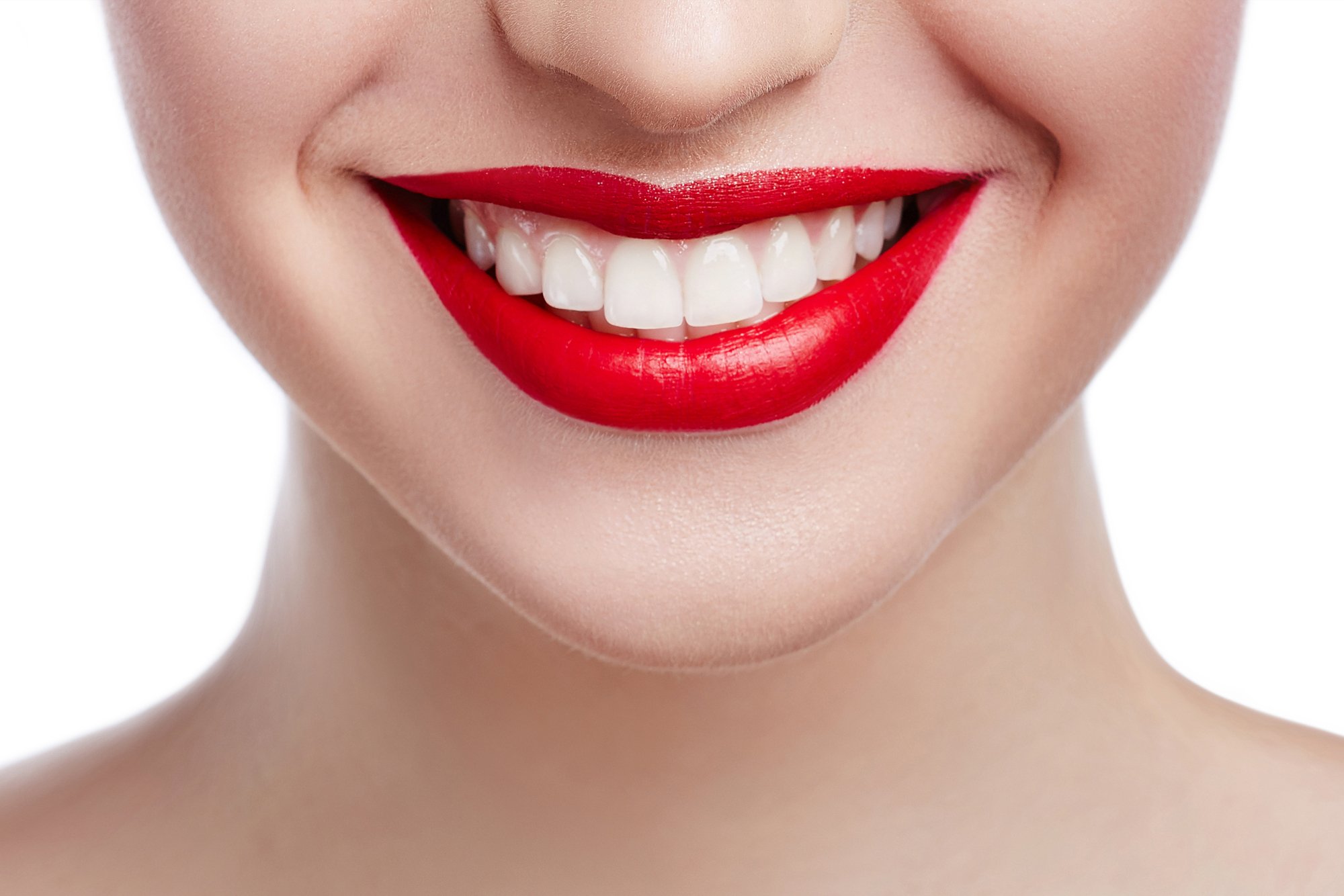
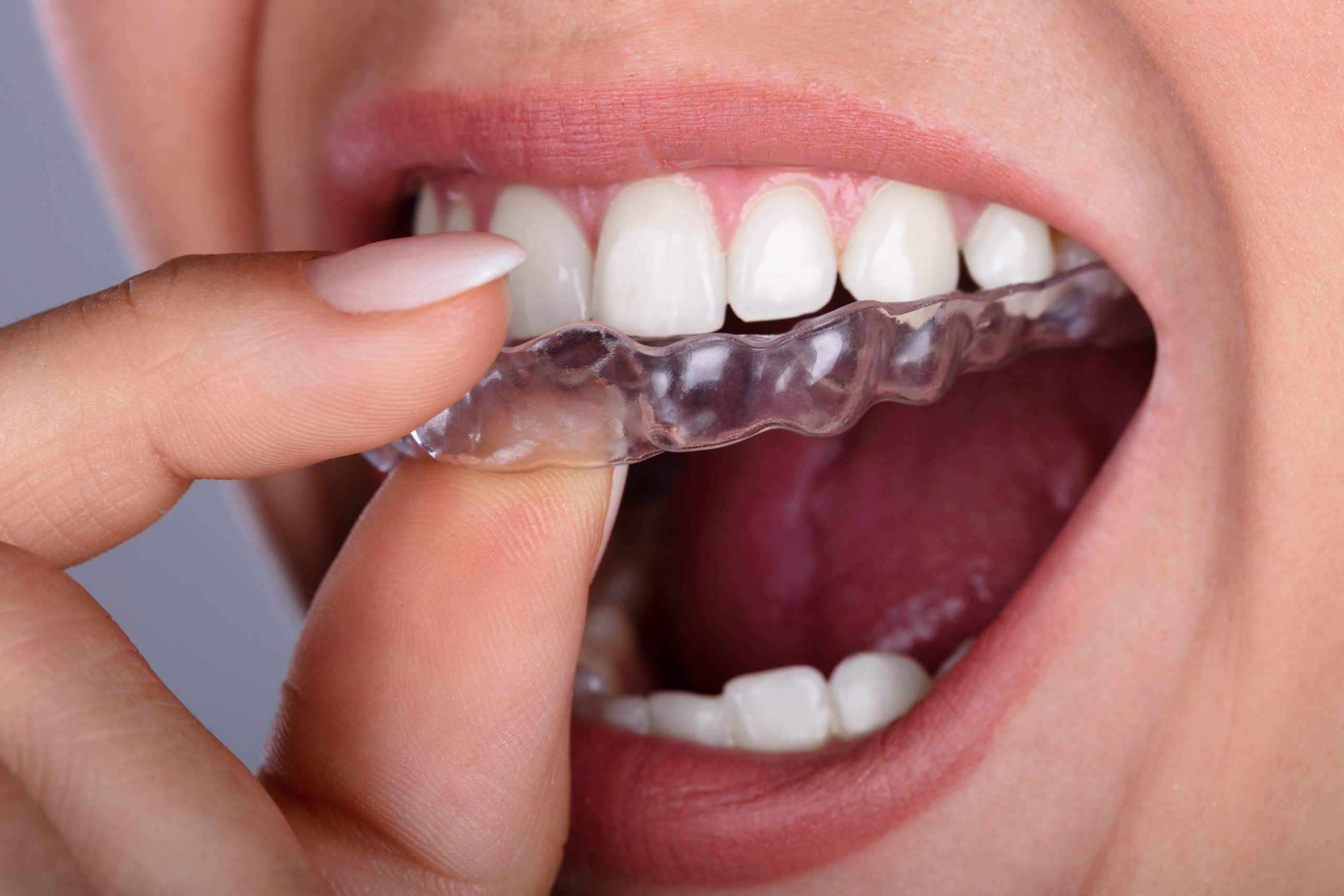

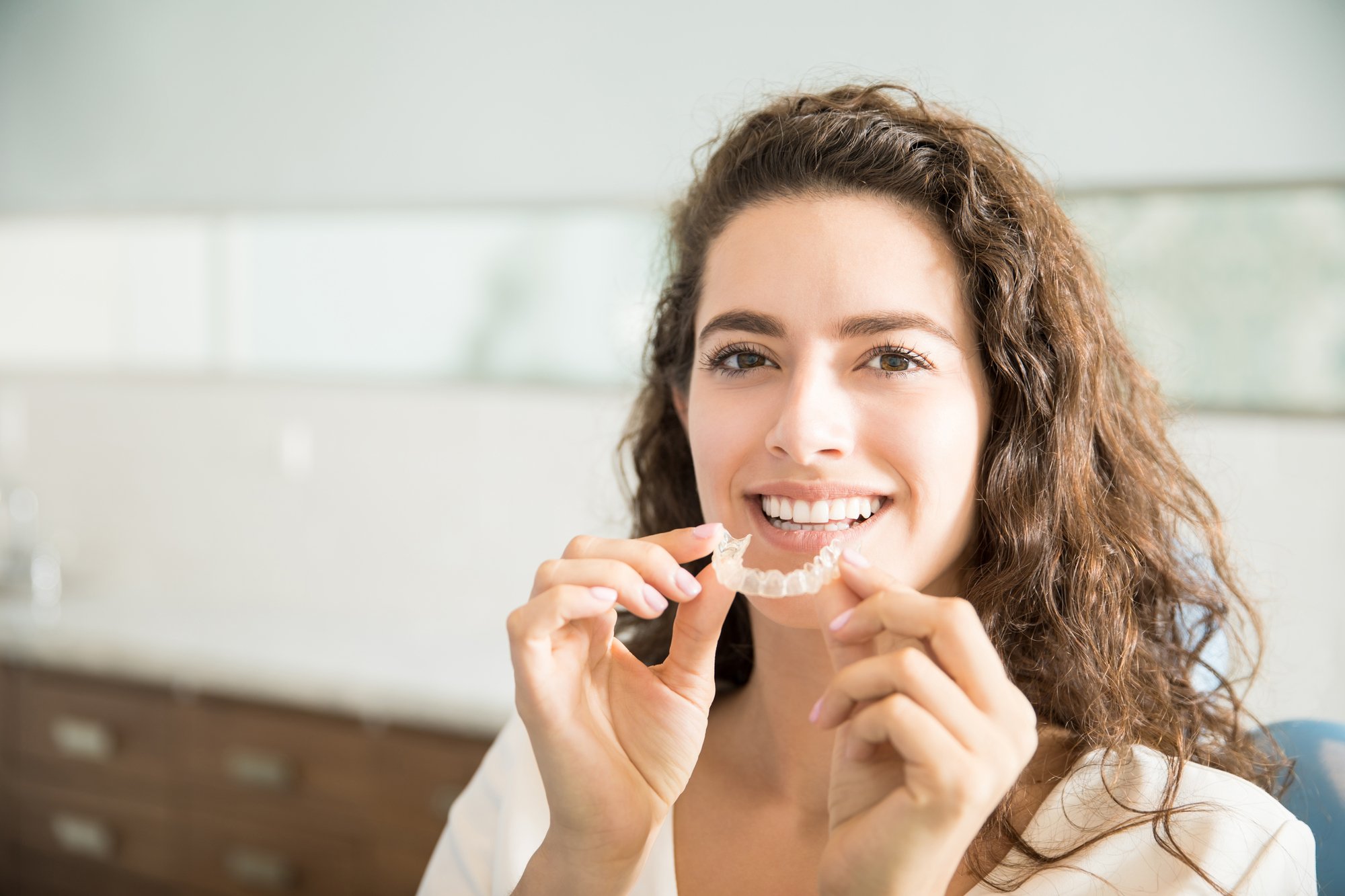
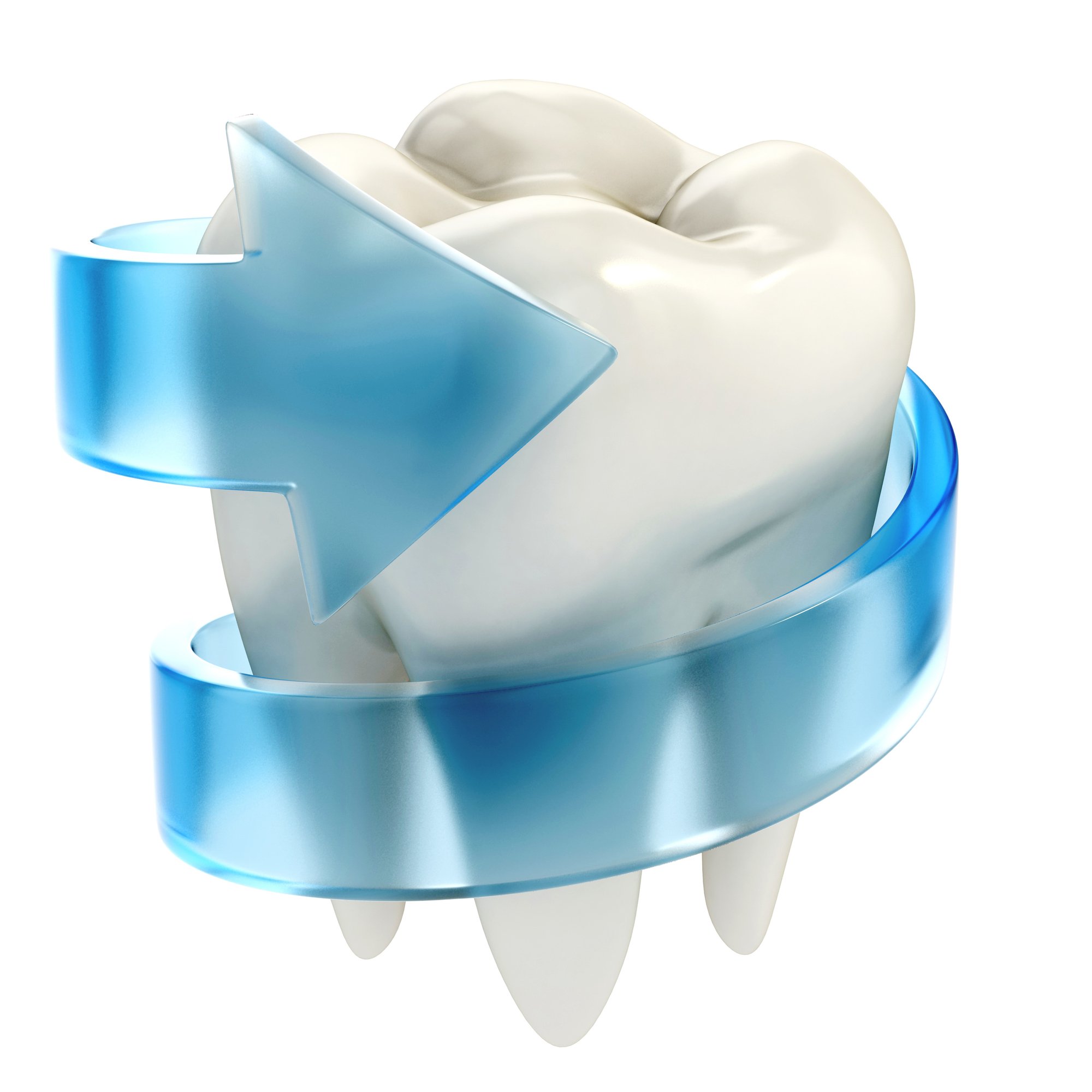

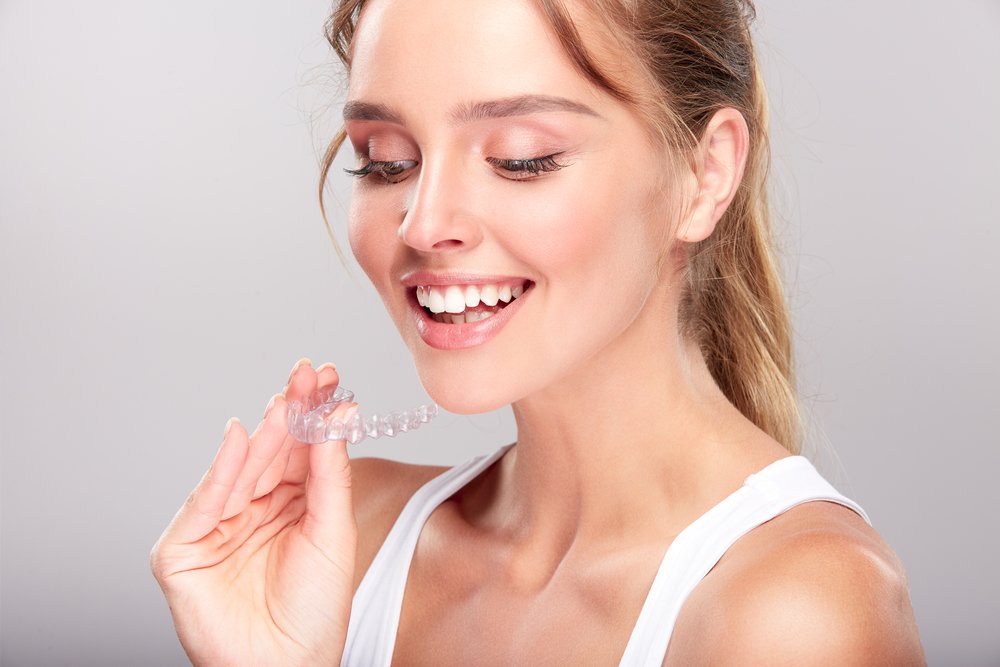


Recent Comments